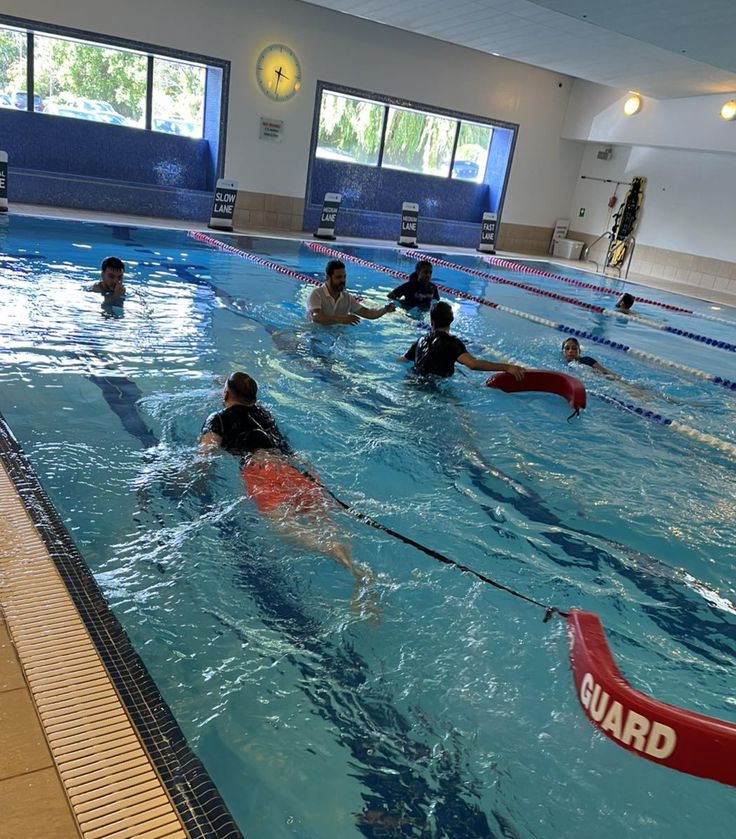If you’re considering a career as a lifeguard or simply want to learn essential water safety skills, choosing the right training course is crucial. In Singapore, where water activities are popular, being a certified lifeguard can be both rewarding and life-saving. Here’s a guide to help you select the best lifeguard training course for your needs.

1. Understand the Certification Requirements
Before diving into course options, familiarize yourself with the certification requirements in Singapore. The Singapore Sports Council and various accredited organizations, such as the Singapore Lifesaving Society, offer recognized courses lifeguard singapore. Check if the course aligns with your career goals or local regulations, especially if you aim to work in specific facilities like swimming pools or beaches.
2. Research Course Providers
Look for reputable training organizations that offer lifeguard courses. Key factors to consider include:
- Accreditation: Ensure the course provider is recognized by relevant authorities.
- Reputation: Read reviews and testimonials from past participants. A good track record indicates quality training.
- Experience: Check how long the provider has been offering lifeguard training. Experienced organizations often have well-structured programs.
3. Course Content and Duration
Different courses may cover varying topics and skills. A comprehensive lifeguard training program typically includes:
- Water rescue techniques
- First aid and CPR (Cardiopulmonary Resuscitation)
- Emergency response protocols
- Preventive lifeguarding strategies
Consider how long the course lasts. Most training sessions range from a few days to several weeks, depending on the depth of the curriculum. Choose one that fits your schedule and learning preferences.
4. Instructors’ Qualifications
The expertise of the instructors plays a vital role in your learning experience. Look for courses led by certified professionals with significant lifeguarding experience. Instructors should ideally have backgrounds in emergency services, swimming coaching, or lifeguard management.
5. Hands-On Training Opportunities
Lifeguarding is a practical skill, so ensure the course offers ample hands-on training. Look for programs that include:
- Poolside drills
- Open water scenarios
- Realistic simulations of rescue situations
This practical experience will build your confidence and prepare you for real-life situations.
6. Course Costs and Additional Fees
Costs for lifeguard training courses can vary widely. While it’s important to find a course within your budget, don’t compromise on quality for a lower price. Inquire about what’s included in the fee—some programs might charge extra for materials, exams, or certification cards.
7. Availability of Refresher Courses
Lifeguarding requires ongoing skills maintenance. Check if the training provider offers refresher courses or recertification options. Staying updated with the latest techniques and regulations is essential for any lifeguard.
8. Feedback and Support After Certification
Post-training support can enhance your skills and job prospects. Some organizations provide resources, job placement assistance, or ongoing training opportunities. Look for programs that help you transition from training to actual lifeguarding roles.
9. Flexibility and Scheduling
With busy lifestyles, flexibility can be a deciding factor. Choose a training course that offers multiple schedules, including evenings and weekends, to accommodate your personal and professional commitments.
10. Location and Accessibility
Finally, consider the location of the training provider. Ensure it is convenient for you to attend classes and practical sessions. Some organizations may also offer online components, making it easier to fit training into your life.
Conclusion
Choosing the right lifeguard training course in Singapore involves careful consideration of several factors. By understanding certification requirements, researching providers, and evaluating course content and instructors, you’ll be well-equipped to make an informed decision. With the right training, you can gain the skills and confidence needed to help keep others safe in and around water. Dive in, and take the first step towards becoming a certified lifeguard!
4o mini